If you are in North Carolina and need help with drug and alcohol addiction – call (704) 248-8561.

North Carolina is best known as The Tar Heel State – with cardinals and flowering dogwoods as far as the eye can see. Home to NASCAR and North Carolina-style BBQ, the state is a popular tourist destination. Despite the fun and wholesome landscape, North Carolina residents still face struggles with addiction and mental health disorders. These disorders include depression, anxiety, bipolar disorder, post-traumatic stress disorder (PTSD), and drug and alcohol addiction.
North Carolina cities offer a range of substance abuse treatment options for anyone struggling with drug and alcohol addiction. This North Carolina recovery center treatment guide for drug and alcohol addiction offers guidance, community-based support, recovery program opportunities, and more, to aid in long-term sobriety.
North Carolina has a variety of drug and alcohol treatment services available. A lot of these programs cater to the unique needs of individuals, with personalized plans to achieve and maintain long-term sobriety.

Choosing a North Carolina recovery center is a big decision that demands thoughtful consideration. Several factors should be considered to ensure that the selected facility meets the individual's needs and provides comprehensive support for recovery.
Here are ten things you should consider:
1. Treatment Approach:
Treatment centers may utilize different approaches to addiction treatment, such as medical detox, therapy, counseling, and holistic therapies. It’s important to understand the treatment specialties offered by each center and assess whether they align with personal preferences and requirements.
2. Accreditation and Licensing:
Confirm that the treatment center holds accreditation from reputable organizations like the Joint Commission or the Commission on Accreditation of Rehabilitation Facilities (CARF). Accreditation guarantees that the facility meets quality standards and follows best practices in addiction treatment. Also, verify that the facility and its staff possess the necessary licenses and certifications mandated by state regulations.
3. Specialized Programs:
Some individuals may have specific treatment needs or preferences, such as dual diagnosis treatment for co-occurring mental health disorders or gender-specific programs. Evaluate whether the treatment center provides specialized programs tailored to these requirements.
4. Staff Credentials and Experience:
Research the qualifications and experience of the treatment center’s staff, including therapists, counselors, and medical professionals. Ensure that they possess the expertise and training required to deliver effective addiction treatment and support.
5. Continuum of Care:
Recovery from addiction is a prolonged process that requires ongoing support and aftercare. Assess whether the treatment center offers a continuum of care, including follow-up services, support groups, and resources for reintegrating into daily life after treatment.
6. Amenities and Facilities:
Consider the amenities and facilities available at the treatment center, such as comfortable accommodations, recreational activities, and wellness amenities. While not the primary focus of treatment, these amenities can contribute to the overall experience and comfort of the individual during their stay.
7. Location and Environment:
The location and environment of the treatment center can significantly impact the individual’s recovery journey. Some may prefer a facility situated in a serene and secluded setting, while others may prefer a more urban environment. Consider whether the location and surroundings align with the individual’s preferences and needs.
8. Cost and Insurance Coverage:
Addiction treatment can be expensive, so it’s essential to evaluate the treatment’s expenses and whether the facility accepts insurance or offers financing options. Review the facility’s pricing structure and determine which services are covered by insurance.
9. Reviews and Testimonials:
Conduct research through online reviews and testimonials from former clients and their families to gain insight into the treatment center’s reputation and quality of care. Pay attention to feedback regarding treatment effectiveness, staff professionalism, and overall experience.
10. Gut Feeling:
Trust your instincts when assessing treatment centers. If something feels off or if you have concerns about the facility, it may be prudent to explore other options. Ultimately, selecting a treatment center is a deeply personal decision, and finding the right fit is crucial for long-term success in recovery.

North Carolina provides many opportunities for sobriety, including support groups, counseling and therapy, sober living facilities, vocational training programs, and legal assistance for individuals dealing with substance abuse and mental health issues.
Here are a few drug and alcohol addiction treatment resources available in North Carolina:
North Carolina Crisis Services – List of North Carolina crisis services for anyone experiencing trouble with drug or alcohol addiction.
Southeastern Recovery Center – Drug and Alcohol Addiction Treatment
SAMHSA National Helpline – Confidential, free help from public health agencies to find more information on addiction and mental health resources.

Understanding state statistics on drug and alcohol addiction can shed light on the prevalence and impact of substance abuse. These statistics can be beneficial when making policy decisions, resource allocation, and community interventions aimed at addressing addiction issues.
Explore activities in North Carolina that promote sober living, such as outdoor activities, art workshops, support group meetings, and cultural events. Engaging in sober activities can enhance social connections and overall well-being during recovery.
Here are some sober activities to try in North Carolina:

Covering the costs of addiction and mental health treatment in North Carolina can seem frightening, but there are options available to make sobriety and treatment happen. Some common avenues found in many recovery centers across the state include:

Numerous addiction and mental health facilities in North Carolina accept insurance. Before committing to a treatment plan, it's advisable to check your insurance coverage to understand what expenses are covered and what you may need to pay out of pocket.

For those facing financial constraints, sliding scale fees may be an option. These fees are determined based on income levels, offering a more accessible way to afford treatment at North Carolina recovery centers.

If your insurance coverage falls short or you don't qualify for sliding scale fees, negotiating a payment plan with your chosen treatment facility may be possible. This option allows you to spread out the cost of treatment over time, making it more manageable financially.
When considering getting help for drug or alcohol addiction, the expense of treatment should be the last concern on you or a loved ones mind. We offer free insurance verification along with transportation assistance to our rehab facility. Allow us to handle the financial details while you focus on what matters, getting well!
North Carolina offers a range of treatment services including detoxification, residential treatment, outpatient programs, therapy (individual and group), medication-assisted treatment, and aftercare support.
Signs that may indicate the need for treatment include loss of control over substance use, withdrawal symptoms, deteriorating mental health, strained relationships, and difficulty functioning in daily life.
Start by reaching out to a healthcare provider, counselor, or local treatment facility. They can assess your situation and guide you through the process of finding appropriate treatment options.
Costs vary depending on the type of treatment, facility, and insurance coverage. Some treatment centers offer sliding scale fees or payment plans to make treatment more affordable.
The treatment process typically involves assessment, detoxification if needed, therapy and counseling, medication management (if applicable), and aftercare planning. The specifics may vary based on the individual's needs and the chosen program.
Aftercare services may include outpatient therapy, support groups, sober living arrangements, and access to community resources. These services are crucial for maintaining recovery and preventing relapse.
Offer emotional support, encourage them to seek professional help, assist in researching treatment options, and participate in their treatment plan when appropriate. Additionally, consider attending support groups for family members of individuals struggling with addiction or mental health issues.

